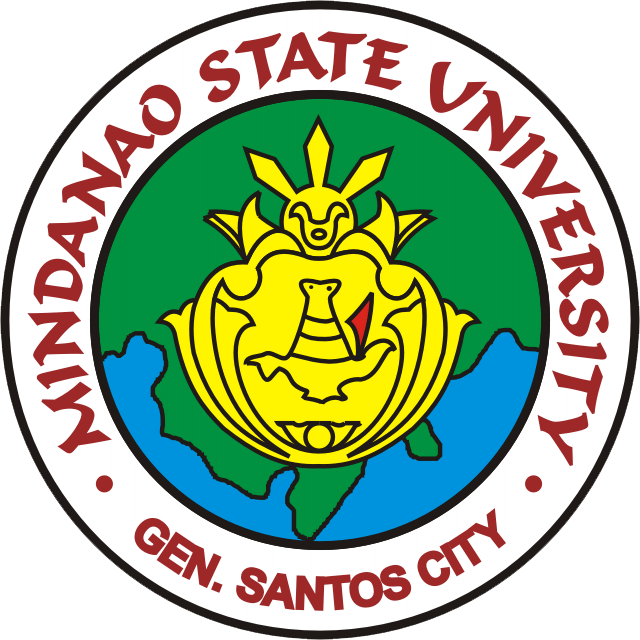The study on the effectivity of tubang bakod seed oil and red pepper fruit concoction was conducted to determine the effects of different proportions as botanical insecticides and when combined, know the synergistic effect against pineapple mealy bugs. The study period was from February 25, 1999.
The study was laid out in a Complete Randomized Design (CRD) One-way Analysis of Variance (ANOVA) was employed to determine the effect of varying concentrations of seed oil and fruit concoction. Also used was Duncan's Multiple Range Test (DMRT) for comparison among proportions.
The study involved six (6) treatments replicated three (3) times. Each cage housed four (4) mealy bugs. Pineapple peelings were placed in each cage for food supplement. Treatment 1 was 100% commercial insecticide, Treatment 2 and 6 were both 100% tubang- bakod seed oil and red pepper concoction, Treatment 3 was 75% tubang- bakod seed oil and 25% red pepper fruit concoction. Treatment 4 was 50% of the synergized solution, and Treatment 5 was 25% tubang- bakod seed oil and 75% red pepper fruit concoction. Using a sprayer, each cage was treated with 10 ml. of the corresponding treatments assigned to them at a distance of 15 cm.
Through the Abbott's Formula, results revealed that the varying concentrations of botanical insecticides were effective to mealy bugs. Using ANOVA, at 1% level of significance, treatment 2, 6 and control revealed that there was significant difference among them. Among treatments 3, 4, and 5 using ANOVA results revealed that there was no significant difference, thus the synergistic effect was negative.
Using DMRT, results revealed that there was significant among treatment 6 and control. Among the Treatments 1, 2, and 6, results show that there was no significant effect and that they could be good alternatives to the commercial insecticide used in this study.
Author
Ma. Florissa M. Pedro
Abstract
SY
1999
Program
Bachelor of Science in Biology
Department
Department: Science
College
College: Natural Sciences and Mathematics
